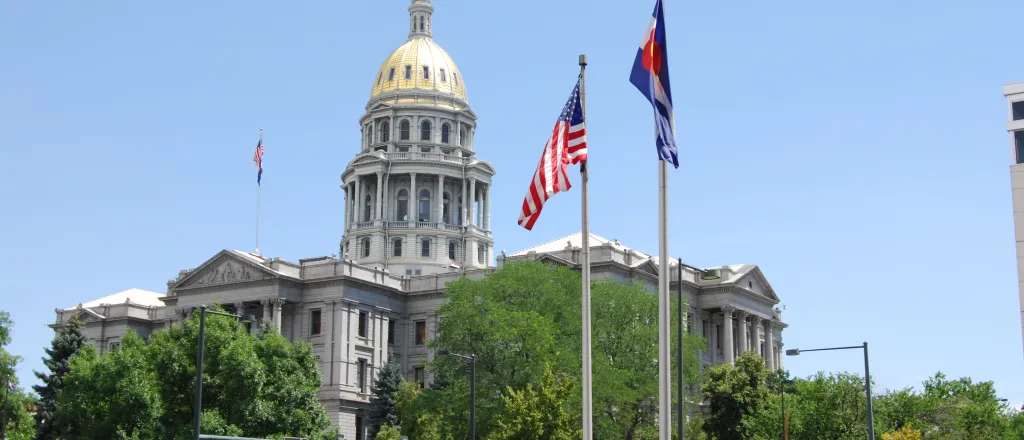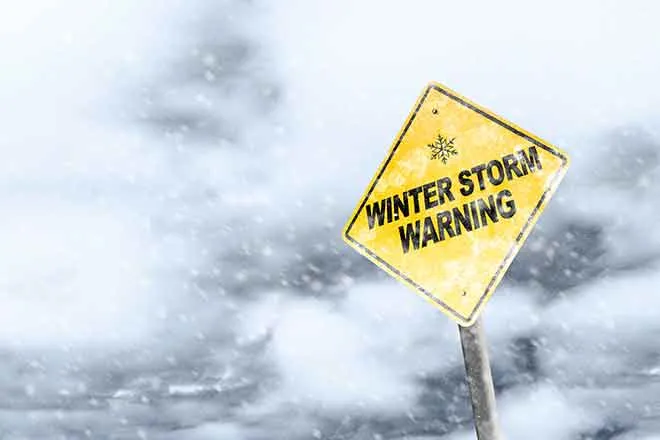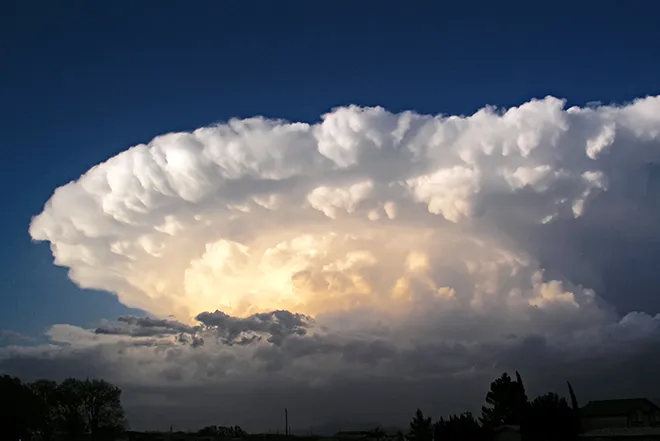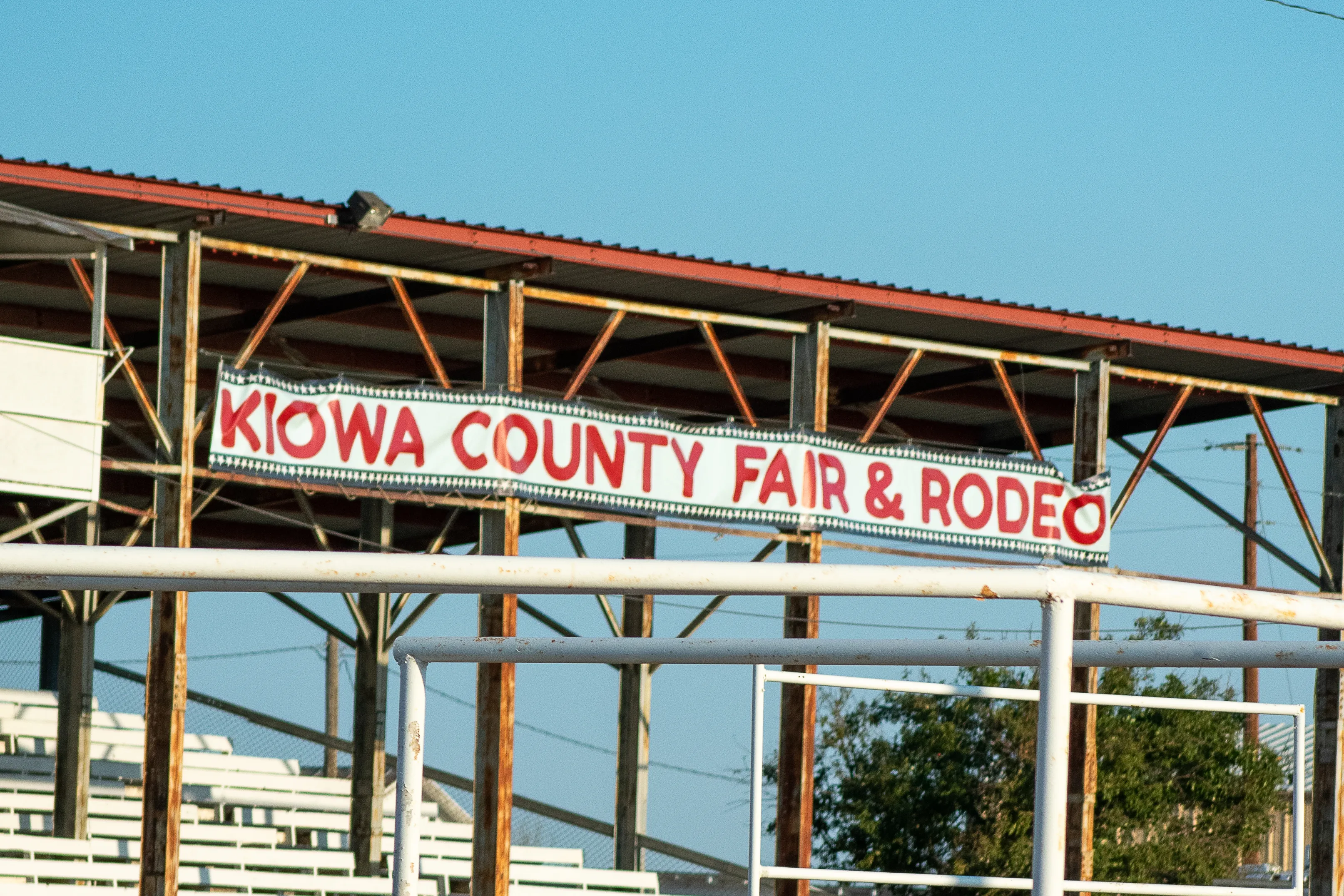
Ways to curb rising property taxes recommended to Colorado lawmakers
(Colorado Newsline) A bipartisan group of Colorado officials approved a series of recommendations Friday aimed to curb the impact of rising property taxes on the state’s homeowners, ranging from studies on large structural changes to options for how and when people pay their tax bill.
The recommendations will head to the Legislature, which can decide whether to pursue them by the end of the lawmaking term in early May.

© iStock - Ligorko
The 19-member Commission on Property Taxation was formed during a special legislative session last fall after the failure of Proposition HH. It includes lawmakers, county commissioners, property tax officials and relevant community members.
Smoothing possible spikes
One of the most substantial recommendations would involve having the state intervene if residential property taxes increase too quickly.
Under the idea, if residential values change beyond a certain amount — such as the average value changes over the previous three assessment cycles — the state would lower the statewide variable that helps determine property taxes.
The goal would be to create some predictability.
“What we’re trying to do is cut off those highs and lows that we’ve said have been a concern. In order to do that, we have to have a trigger point where it gets excessive and then we temper,” Weld County Assessor Brenda Dones said.
Capping property tax increases
The commission recommended, in one of the few split decisions of the day, an adjustable cap on property tax increases. It would mean that annual increase cannot go above a certain rate, determined by a variable like population growth or inflation.
After some concerns from Republican Rep. Lisa Frizell of Douglas County that a statewide cap would affect counties differently, the suggestion was amended to apply at the local tax jurisdiction level.
“If we don’t push some sort of flexible cap like this, I think the voters will approve a cap in the fall,” said Mesa County Commissioner Cody Davis.
The state’s Title Board is considering some property tax-related ballot measures, including one approved for the ballot that would institute a statewide 4% increase cap.
Lowering commercial rates
Another recommendation would see the reduction of assessment rates for vacant and nonresidential property over a few years. Right now, commercial property is assessed at 29%, much higher than the residential rate of about 7%.
The commission suggested a gradual step down of that commercial rate beginning in 2025, going to 26.8% that year, 25.7% in 2027 and 25.5% in 2029.
Allowing monthly payments
The commission signed off on a suggestion to allow some property owners to split their tax bill into 12 monthly payments.
“This gives an opportunity to taxpayers to pay their bill as they see fit. I know it creates complexity among the treasurer, but my goal is to make sure our taxpayers have the most effect, or easiest way to pay their taxes,” Davis said.
Some commissioners worried that such a program would require a substantial staffing increase in the state treasurer’s office, as it would essentially expand the current deferral program that traditionally helps seniors and active military personnel. Additionally, it could impact how county’s craft their budgets due to an uneven or unpredictable cash flow.
Other recommendations approved by the commission include:
Extending a property tax assessment reduction that lawmakers passed during the November special sessionExpanding the state’s tax deferral programA study on expanding the homestead exemption programA study for income-qualified reliefDecoupling school finance dollars from other property tax revenue
The commission hopes to have its final report for legislators posted online by the end of this week.
Colorado Newsline is part of States Newsroom, a nonprofit news network supported by grants and a coalition of donors as a 501c(3) public charity. Colorado Newsline maintains editorial independence. Contact Editor Quentin Young for questions: info@coloradonewsline.com. Follow Colorado Newsline on Facebook and Twitter.

















